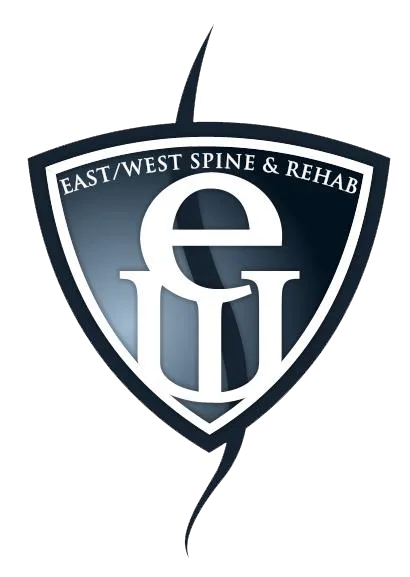Frequently Asked Questions:
1. How does chiropractic work?
2. What is an adjustment?
3. What is a subluxation?
4. How do you get subluxations/Nerve Inpingement Syndrome?
5: How do I know if I have Subluxations?
Q: How Does Chiropractic Work?
A: Specific spinal adjustments can help improve your brain/body communications. You are a self healing, self regulating organism controlled by your nervous system. Millions of electronic instructions flow from your brain, down the spinal cord, inside your vertebral column, and out to every organ and tissue. Signals are sent to the brain to confirm your body is working right. Spinal nerve pressure can cause "short circuits" and improper or incomplete communication results.
Q: What is an adjustment?
A: Chiropractic adjustments restore normal movement patterns to misaligned vertebral segments. There are many ways to adjust the spine. Special tables, such as the "cox" table and our new Dynatronic decompression table. Also, adjustments can be done with a gentle pressure done by hand. The word chiropractic originated from the Greek words "chiro meaning hand and "practic" meaning to do. Chiropractic therefore literally means to do by hand.
Q: What is Nerve Inpingement Syndrome?
A: There are 24 vertebrae, spinal bones, in the adult spine. They form several dozen joints and move in several different directions. The spinal cord and spinal nerves are very close to the joints. If spinal bones get "stuck" and don't move correctly, they can irritate and create nerve interferences. This is called a vertebral subluxation.
Q: How do you get Nerve Impingement?
A: There are three basic causes. Physical injuries caused by car accidents, sports, repetitive motions, falls, poor posture, and becoming deconditioned. Stress, anger, and fear are emotional causes. Lastly, chemicals, drugs, poor diet, and even pollution can result in subluxations.
Q: How do I know if I have Nerve Impingement?
A: There are three basic causes. Physical injuries caused by car accidents, sports, repetitive motions, falls, poor posture, and becoming deconditioned. Stress, anger, and fear are emotional causes. Lastly, chemicals, drugs, poor diet, and even pollution can result in subluxations.
